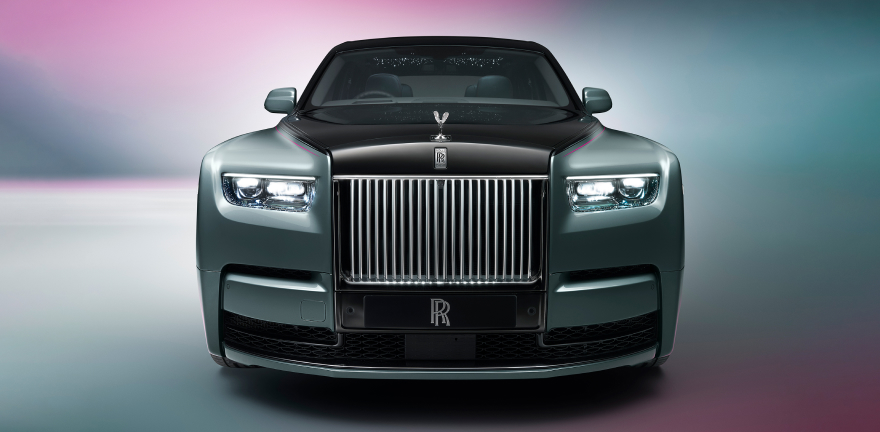Rolls-Royce and easyJet test hydrogen-fueled aircraft engine in aviation world’s first

British engineer Rolls-Royce has said it has successfully tested hydrogen instead of conventional jet fuel to power a modern aircraft engine in a world first for the aviation industry. The FTSE 100 engineering company said the ground test, done in partnership with the airline easyJet, was a “major step towards proving that hydrogen could be a zero-carbon aviation fuel of the future”.
The ground test took place at a government test facility at Boscombe Down using used a converted AE 2100-A turboprop engine. This test used green hydrogen generated by wind and tidal power from the Orkney Islands in Scotland. “The reason we’re looking at hydrogen is really the drive for Net Zero,” explains Alan Newby, director of aerospace technology at Rolls-Royce.
Building and maintaining jet engines is Rolls-Royce’s main business line. The test marks another step in the industry’s attempts to prove hydrogen could play a viable role to help companies reduce harmful carbon emissions that contribute to climate change. Hydrogen produces only water when it burns and thus can prove to be the sustainable aviation fuel to decarbonize the industry. However, many analysts have serious doubts over whether it could ever be viable for longer journeys.
Grazia Vittadini, Rolls-Royce chief technology officer, said the test was an “exciting milestone” and a “landmark achievement”. She said, “We are pushing the boundaries to discover the zero carbon possibilities of hydrogen, which could help reshape the future of flight.”
Grant Shapps, the UK business secretary, said in a statement: “The UK is leading the global shift to guilt-free flying, and today’s test by Rolls-Royce and easyJet is an exciting demonstration of how business innovation can transform the way we live our lives.”

